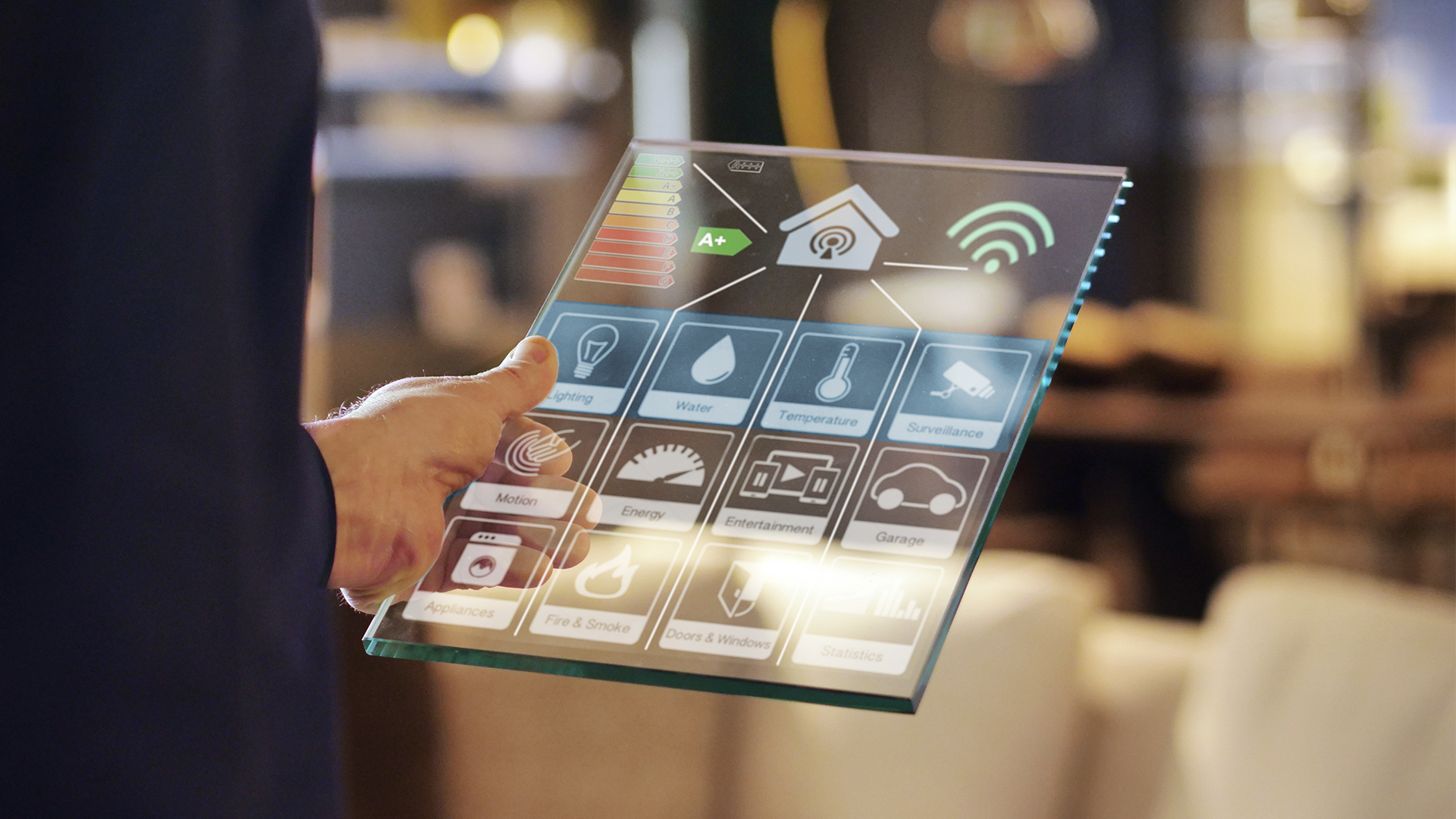![[FA] SIT One SITizen Alumni Initiative_Web banner_1244px x 688px.jpg](/sites/default/files/2024-12/%5BFA%5D%20%20SIT%20One%20SITizen%20Alumni%20Initiative_Web%20banner_1244px%20x%20688px.jpg)
Your Career Growth Shouldn't Wait for a Degree
Designed for working professionals and co-developed with industry, our CSM Pathway offers a direct honours degree in Infrastructure and Systems Engineering, through a modular, stackable structure that lets you upskill and pursue higher qualifications, while remaining employed.
Real skills. Real credentials. Real career impact.
- Build technical expertise in mechanical engineering (robotics and automation, smart maintenance, and railway technologies) for real-world application across sectors like transportation, logistics, and engineering services
- Earn a Specialist Certificate with every micro-credential for immediate career impact
- Stack credits toward your degree with every micro-credential
- Progress at your own pace - complete in 4-6 years while working full-time
Recognition of Prior Learning (RPL)
Credit for industry certifications and experience available upon application
Delivery Format
Hybrid of online sessions (asynchronous and live), and in-person sessions (practical, laboratory, and assessments) at SIT Punggol Campus
Financial Aid
MOE subsidy, public bursaries and SkillsFuture funding are available for eligible learners
Why Choose SIT’s CSM Pathway?
Competency-based Education
Our "Learning by Doing" approach empowers you with real-world competencies with hands-on experience.
This enables you to readily apply skills and create value for both you and your employer.
Aligned with Industry Demand
Our programmes have a strong focus on industry-relevant skills and collaboration with industry partners.
This ensures that you are well-prepared for the demands of the IT sector.
Flexible and Modular Programme
Our unique degree pathway offers unparalleled flexibility through its stackable micro-credentials.
This allows you to tailor your education to your career needs whilst you build towards a degree
Coaching for Your Success
Our team of qualified success coaches, alongside SIT Faculty, will provide dedicated support for your learning journey.
This ensures that you have the tools and guidance needed to succeed.
 "I am grateful for this opportunity to be part of the CSM Pathway, and looking ahead, I am excited to continue growing in my career."Alvina HoAnalyst, current CSM Degree Pathway learner
"I am grateful for this opportunity to be part of the CSM Pathway, and looking ahead, I am excited to continue growing in my career."Alvina HoAnalyst, current CSM Degree Pathway learner
Well-Rounded Programme Structure
Comprising six components, our programme ensures that you acquire not only the relevant technical and soft skills you need to thrive in the workplace, but also the ability to apply and showcase them.
| 1. | Engineering Experience Modules (50 credits) |
|
| 2. | University-Level Requirements and Engineering Ethics (18 credits) |
|
| 3. | Micro-credentials (18 credits each) |
|
| 4. | Unrestricted Electives (18 credits) |
|
| 5. | Workforce Essentials (30 credits) |
|
| 6. | Capstone Project (10 credits) |
|
Recommended Learning Pathway
To graduate within four years, learners will need to complete one micro-credential or elective each trimester. Learners with relevant work experience may seek recognition of prior learning during the application process. Learners with a relevant polytechnic diploma may be exempted from the Engineering Experience Modules and enter directly into Year 2 of the programme.
Learners who enter Year 1 will complete 30 credits of Workforce Essentials carried out over four trimesters, while learners who enter Year 2 will complete 20 credits of Workforce Essentials carried out over two trimesters.
In-employment learners can embark on a capstone project upon completing at least five micro-credentials.
The following illustrates a suggested learning pathway to graduate in less than four years:

Learners who desire more flexibility in balancing work and studies have up to six years to complete the degree.
Micro-credentials Available
Each micro-credential takes 3+ months to complete, and you will be awarded a Specialist Certificate for every completion. Credits achieved are stacked towards your degree.
- ENGINEERING MICRO-CREDENTIALS
- PROGRAMME MICRO-CREDENTIALS
- PROGRAMME ELECTIVE MICRO-CREDENTIALS
- UNRESTRICTIVE ELECTIVE MICRO-CREDENTIALS
| Specialist Certificate In | Credits | ANNUAL INTAKE |
|---|---|---|
| Data Analytics for Engineering | 18 | Sep |
| Operational Excellence in Engineering | 18 | Jan |
| Energy Systems Efficiency* | 18 | May |
| Engineering Design and Solutioning | 18 | Sep |
| Energy Systems Efficiency* | 18 | May |
| Smart Maintenance | 18 | Jan |
| Supply Chain Essentials* | 18 | May |
| Railway Technologies* | 18 | Jan |
| Robotics and Automation* | 18 | Sep |
| Environmental Sustainability Measurement and Management | 18 | May |
| Sensing and Actuation | 18 | Jan |
| Semiconductor Manufacturing and Process Control | 18 | Jan |
| Semiconductor Devices and Fabrication Technology* | 18 | May |
| Marine Electrical and Electronic Systems Design* | 18 | May |
| Electronic Systems | 18 | Sep |
| Sustainable Energy Systems | 18 | Sep |
The list above will expand as more micro-credentials are introduced. Programme components and micro-credentials titles are subject to change without prior notice. SIT regularly reviews its curriculum to ensure that it remains industry-relevant and prepares our learners for the evolving needs of industry.
Micro-credentials denoted by asterisk (*) are pending funding approval from SkillsFuture Singapore. If you are planning to stack to a degree, SSG funding is only available for up to six micro-credentials (i.e. 120 credits). Micro-credentials titles are subject to change without prior notice.
Not ready to commit to a degree programme?Take these micro-credentials as standalones first and decide to pursue a degree later |
Eligibility
To be considered for this degree pathway, individuals must fulfil the following criteria:
- Be at least 21 years of age; and
- Have 2 years of full-time work experience or have fully discharged their full-time NS liability, or currently hold full-time employment
Exemptions from the age and work experience criteria may be granted if individuals are:
- Sponsored by their company; and
- Currently employed in a relevant job or sector aligned with the degree pathway
Diploma holders from a local polytechnic or equivalent institution in Singapore are welcome to apply. Applicants with closely related engineering diplomas are encouraged to apply and will be eligible for direct entry into Year 2 of the programme in the AY2026 intake.
Holders of non-articulated diplomas, A-level certificates, International Baccalaureate diplomas, and other equivalent Year 12 qualifications may apply for admission to the programme in future intakes.
Individual micro-credentials are available for learners who are currently not in employment.
Join 300+ Working Professionals Already Enrolled
Application period for September 2026 intake starts on 14 April 2026.
Explore our Info Kit and Application Guide, and register your interest to get in touch for personalized guidances and answers to your questions.
Fees & Financial Support
Programme fees comprise the following:
Subsidies, bursaries and loans are available options to those eligible:
Fees and Finances
Frequently Asked Questions
Curriculum and Programme Structure
-
How does stacking to a degree work?
Our BEng (Hons) in Infrastructure and Systems Engineering (via the CSM Pathway) offers a flexible and modular structure comprising the following:
- Two Engineering micro-credentials (covering data analytics and operational excellence)
- Two Programme micro-credentials (covering the necessary fundamental knowledge and skills for engineering majors)
- Two Programme Elective (covering specific knowledge and skills for a targeted industry)
- One Unrestricted Elective (choose either a micro-credential or a set of modules from any cluster for to broaden learning)
Relevant micro-credentials that you obtain can be stacked progressively to complete this degree.
In addition to SIT’s micro-credentials, your pathway to a degree will also take into account other prior learning, such as industry certifications or competencies acquired from work, which will provide you with credit or exemptions. -
Do I need to take micro-credentials in a particular order?
Although we provide a recommended study pathway for the degree programme, you are not required to take micro-credentials in a prescribed order. SIT will state the recommended baseline competencies an individual should have before embarking on a micro-credential.
-
How long does it take to complete one micro-credential?
It takes one trimester (3+ months) to complete a micro-credential.
-
If I already possess industry certifications or relevant work experience, will these be taken into account during the application process?
Yes. In addition to SIT’s micro-credentials, your application will also take into account other prior learning, such as industry certifications or competencies acquired from work, providing you with credit or exemptions.
-
Is there a time frame to complete the degree?
You would need to complete your degree within 6 years. If you have completed individual micro-credentials offered by SITLEARN, each micro-credential is valid for 5 years when used for enrolling into the degree.
-
I’m interested in other areas of engineering. Will you be offering other micro-credentials?
SIT regularly reviews its curriculum to ensure that it remains industry-relevant. We are looking to expand the list of micro-credentials.
-
What is the structure of micro-credentials?
Micro-credentials are largely taught asynchronously, which gives you the flexibility to learn whenever and wherever you choose. Each micro-credential combines online delivery for topics and in-person delivery for lab sessions and integrated projects. The learning activities vary for each micro-credential.
-
What is the role of the success coach in the micro-credential?
Success coaches will work with you to develop a personalised learning plan. They will provide you with various resources and support services to help you navigate your learning journey.
Application
-
Can I apply for the BEng (Hons) in Infrastructure and Systems Engineering (via the CSM Pathway) at any time?
Please refer to the application period here.
-
Who is eligible to apply for the degree programme?
Please refer to the eligibility criteria.
-
Are there any interviews or additional assessments as part of the admission process?
Yes, there will be interviews and additional assessments, such as the Academic Aptitude Assessment.
Keen to Learn More?
Complete and submit the form below to book a call with us, and/or to stay updated on new intakes and related events.





























